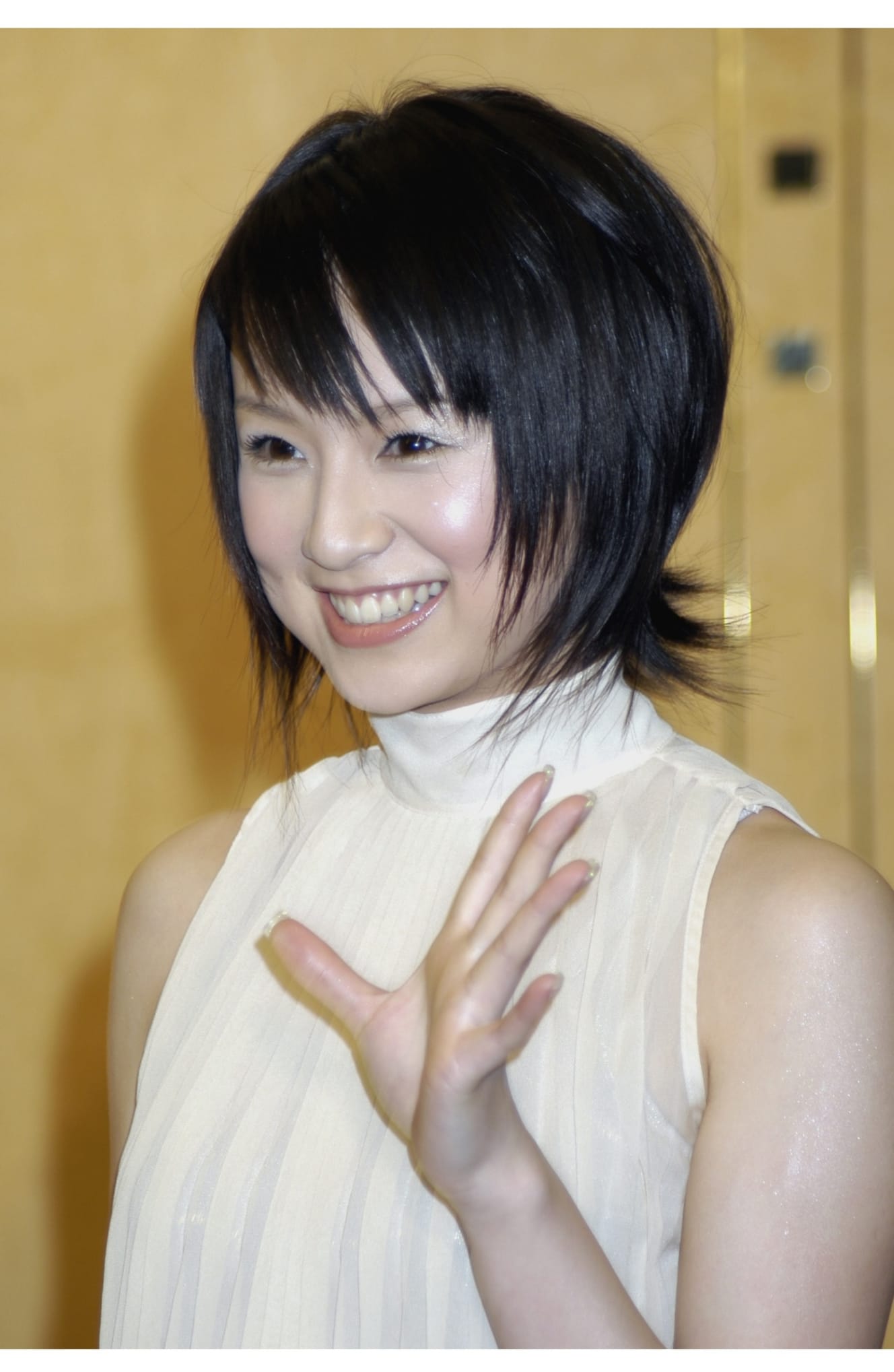Ami Suzuki’s Rise as a New Mama Talent Critic After Mikitty’s Success
A mother of three with a strong presence as a mamatare
Former idol Ami Suzuki is once again attracting attention.
In the late 1990s, Suzuki, known affectionately as “Ami-go,” became popular and is now 42 years old. While she continues her career as a singer, she is also a mother of three after getting married, and she is starting to gain recognition as a “mama talent.”
“Currently, Suzuki is writing a column on ‘with online,’ which resembles a life advice section. Many of the topics are related to ‘parenting,’ but she offers her opinions and insights from a perspective that resonates with others, rather than coming across as lecturing. Her Instagram and YouTube also feature parenting content, and there seems to be a lot of support from followers who can relate,” said a women’s magazine editor.
For example, in an article titled “Ami Suzuki’s thoughts on ‘Maintaining a good distance with mom friends’: ‘You don’t have to force yourself to make mom friends'” (published on November 27th on ‘with online’), she shared her views:
“Just make sure to greet them properly, but you don’t have to get too involved. If you don’t have much conversation, the other person will probably sense that, and I try to maintain a good distance in my relationships. I believe it’s better not to force yourself in mom friend situations.”
Many comments expressing relief, such as “I feel saved by this” and “I completely agree,” were posted in response to her words.
Let’s take a moment to look back on Suzuki’s career.
In 1998, Suzuki became the winner of the final audition for the “Vocalist Audition Final” on the variety show “ASAYAN” (TV Tokyo), which also discovered artists like “Morning Musume” and “CHEMISTRY.” She debuted as a singer under the name “Ami Suzuki” with the production of Tetsuya Komuro and became a member of the “Komuro Family.”
She beat out Ayu for her first No. 1 hit!
In July of that year, Suzuki made her CD debut with love the island and quickly released three more singles. All four songs became huge hits, and by the end of the year, she swept the newcomer awards. Her success continued without pause, and tickets for her first live concert in 1999 sold out within minutes after they went on sale.
“In 1999, her first album SA became her first million-seller, with about 2.5 million copies sold. Her 7th single BE TOGETHER, released in July of the same year, beat her rival at the time, ‘diva’ Ayumi Hamasaki (46), with Boys & Girlsto take the number one spot, marking her first chart-topper. She was undoubtedly a super idol,” said a music magazine editor.
However, in 2001, a dispute with her agency escalated into a lawsuit, forcing her to pause her entertainment career. At the time, Suzuki was only 18. In 2002, at the age of 20, she established her own agency and is now signed to Avex. She married a man seven years her junior in 2016 and is now a mother of two boys and one girl.
In the entertainment industry, there has always been a mama talent category, where female talents who have experienced marriage and childbirth often transition to the next stage. However, the “mama talent” field has become saturated, and securing a place in it is no longer easy.
“Among them, mama talent commentators who appear on information programs are required to have broad perspectives and knowledge, and it’s not just any mom who can take on this role. The one who stands out as the leading mama talent commentator is ‘Mikity,’ or Miki Fujimoto (39). To break her dominance, Suzuki, who has been rapidly rising, is certainly attracting attention,” said a director of an information program.
A life of extreme poverty experienced in childhood
So why do Suzuki’s words and actions resonate with young mothers? The editor mentioned earlier explained it this way:
“I think she has a lot of life experience. Celebrities and idols come from various backgrounds. Some grew up in very wealthy families, while others come from ordinary working-class homes. Suzuki grew up in a small, six-mat apartment with her family of five. They were forced to live a financially difficult life, and most of their clothes were hand-me-downs from neighbors and grandparents. Her sweaters were hand-knitted by her mother, made in larger sizes so they could be worn for many years. These straightforward episodes are not uncommon in her story.
Though she experienced the glamorous life of an idol, receiving applause and admiration, she is also known for never living luxuriously and living frugally in her private life. Then, in a dramatic turn, she faced difficult times again. After a long period of time, she slowly returned to her current status as a mama talent. Her life has been full of twists and turns, and it’s those experiences that now support her.”
As with her advice on parenting, Suzuki’s guidance is always based on her own experiences, and it’s not the typical condescending tone of a mama talent expert. Her perspective as a mother who has struggled with parenting is convincing and hits the mark.
It goes without saying that Suzuki, who has known both the bottom and the top, is well-suited to be a mama talent expert.
PHOTO: Kyodo News
